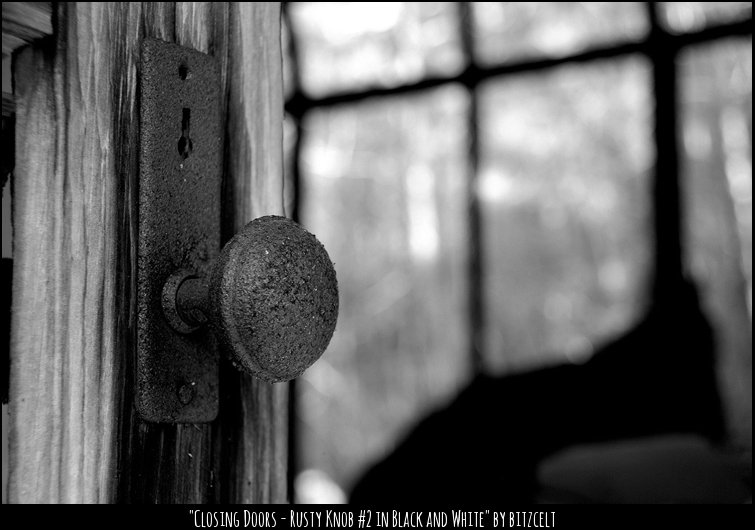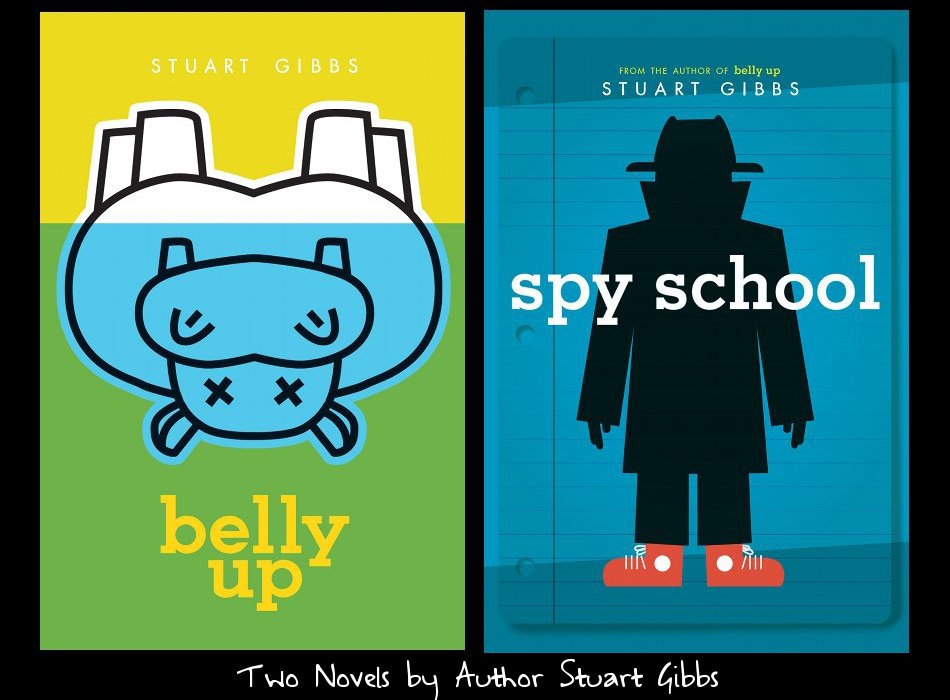 “Every artist dips his brush in his own soul, and paints
“Every artist dips his brush in his own soul, and paints
his own nature into his pictures.” ~ Henry Ward Beecher
Nearly the entire time I’ve worked on my Middle Grade novel The Short Bus, I’ve thought the story has had little do with me personally. Recently, however, I realized that it has everything to do with me.
When I first started writing the book, I wondered what it would be like to be the most ordinary kid in the world. So ordinary that you were almost transparent. So average that you were forgettable.
Most people, after all, have at least one thing they do well. So what would it be like, I wondered, to be the kid who didn’t seem to do anything well?
In some ways, like Xero, I’ve felt invisible at times. As a boy, sure, but even as an adult.
Even recently, I experienced this very thing, at the same time, it turns out, that I was coming up with the idea for the novel. Like Xero, I wanted someone to see the one thing I did best. I tried to show it every way I could think of. In the end, though, that someone didn’t see anything at all.
The novel is about a boy who thinks it’s what you do that makes you extraordinary. He hasn’t learned yet that it’s really just a way you are. Sad to say, I don’t think I understood that myself until Xero showed me.
The following is a very brief writing sample, a short chapter from my Middle Grade novel, The Short Bus.
Bear in mind, it’s a chapter that didn’t exist until, well, just now. It’s brand new. In other words, it’s a rather rough draft. Still quite raw. I hope you enjoy it though.
Oh, by the way, since this is an excerpt from later in the novel, you might need a little backstory:
Xero is thirteen. He and his best friend, Webb, have made friends with a boy they call Knee Boots (an older boy named Kevin who suffered a Traumatic Brain Injury four years earlier). John is Knee Boot’s father and Mick is Xero’s brother. There was a recent confrontation at school between Xero and Mick and Knee Boots happened to be there. Witnessing the conflict upset Knee Boots due to what happened that terrible day in his past. Xero has gone to check on Knee Boots. To make sure his friend is okay.
